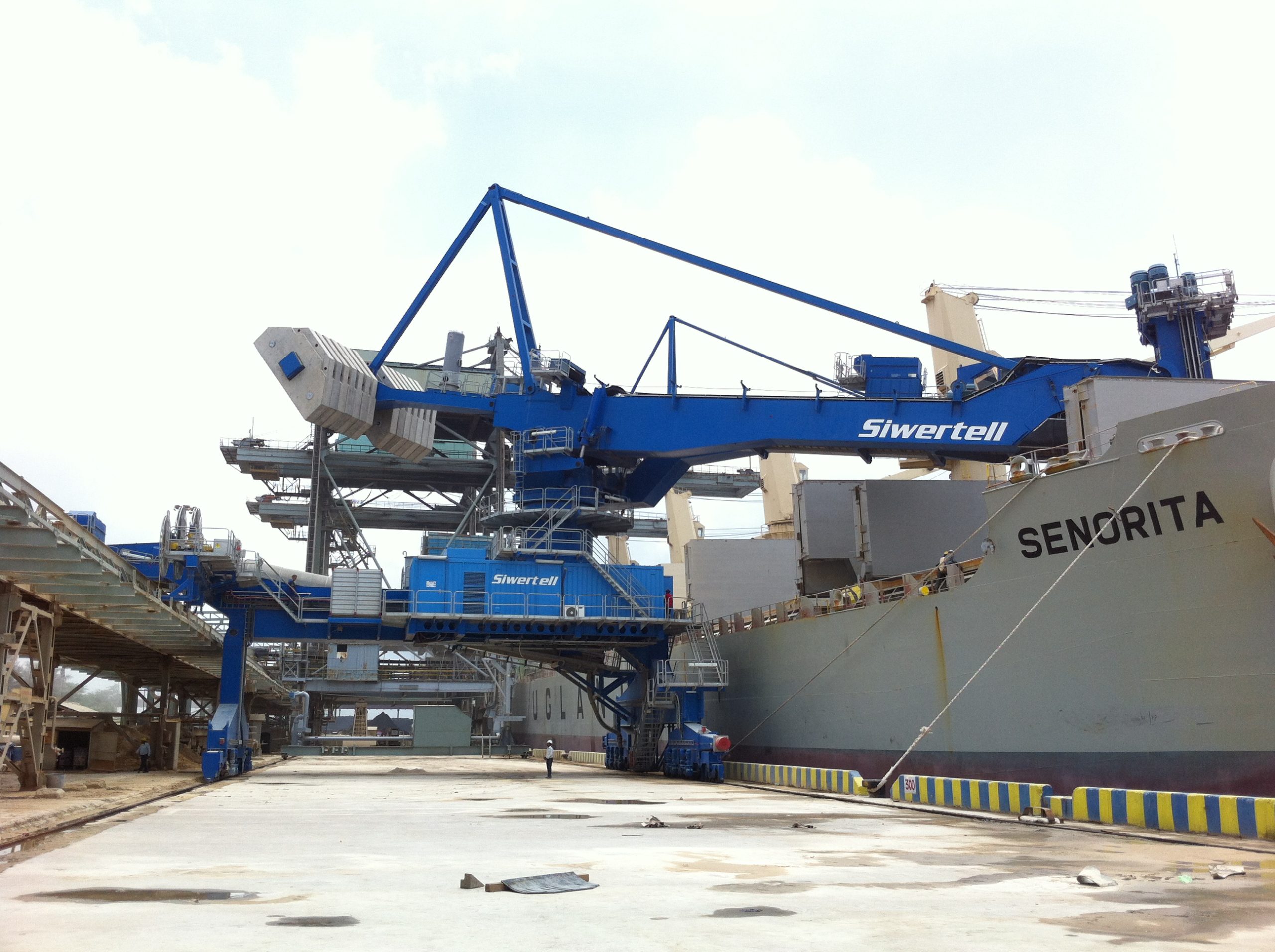Nitrogen+Syngas 395 May-Jun 2025

3 May 2025
Order for ammonia powered gas carriers
Alfa Laval says that its ammonia fuel supply system, FCM Ammonia, will be installed in seven LPG/ammonia carriers for Tianjin Southwest Maritime (TSM). The installation will commence with three 25,000m3 vessels, followed by four 41,000m3 vessels. The first FCM Ammonia unit for TSM is scheduled for delivery at the end of 2025. The contract follows extensive testing and development conducted in close collaboration with Swiss engine designer WinGD at its Engine & Research Innovation Centre (ERIC) in Winterthur, Switzerland. Alfa Laval says that the research and development project with WinGD has laid a strong foundation for FCM Ammonia’s commercial adoption, as evidenced by K Shipbuilding receiving approval in principle in December 2024 from the American Bureau of Shipping for the design of an ammonia dual-fuel MR1 tanker. Alfa Laval contributed to the design of the entire fuel system, including the ammonia fuel supply system, fuel valves train, and vent treatment system, as well as an Aalborg ammonia dual-fuel boiler system.
“Through research, product development, and strategic partnerships, we are building the solutions needed for a safe and efficient transition to low-carbon alternative fuels,” said Peter Sahlen, Head of Marine Separation, Fuel Supply System & Heat Transfer, Alfa Laval. “Our deep experience with fuels like methanol and LPG has given us a head start with ammonia, and this first contract validates our commitment to driving decarbonization in shipping with reliable and innovative solutions.”
“Collaborating with trusted partners such as Alfa Laval has been instrumental in bringing these new clean-fuel technologies to market, making ammonia-powered shipping a reality. This partnership, along with our joint R&D efforts, underscores our shared commitment to the clean energy transition to enable a sustainable future for shipping,” said Sebastian Hensel, Vice President, Research & Development, WinGD.






